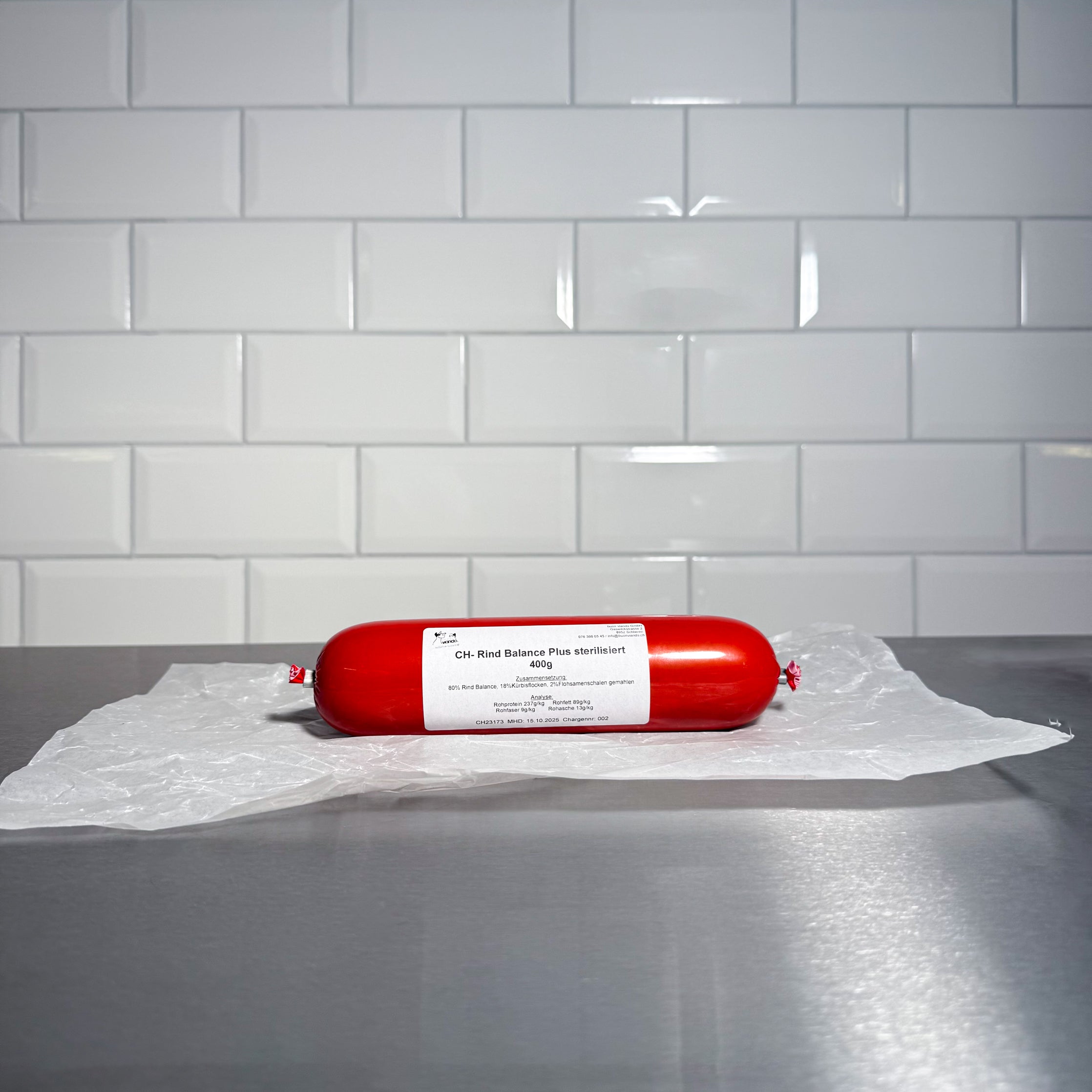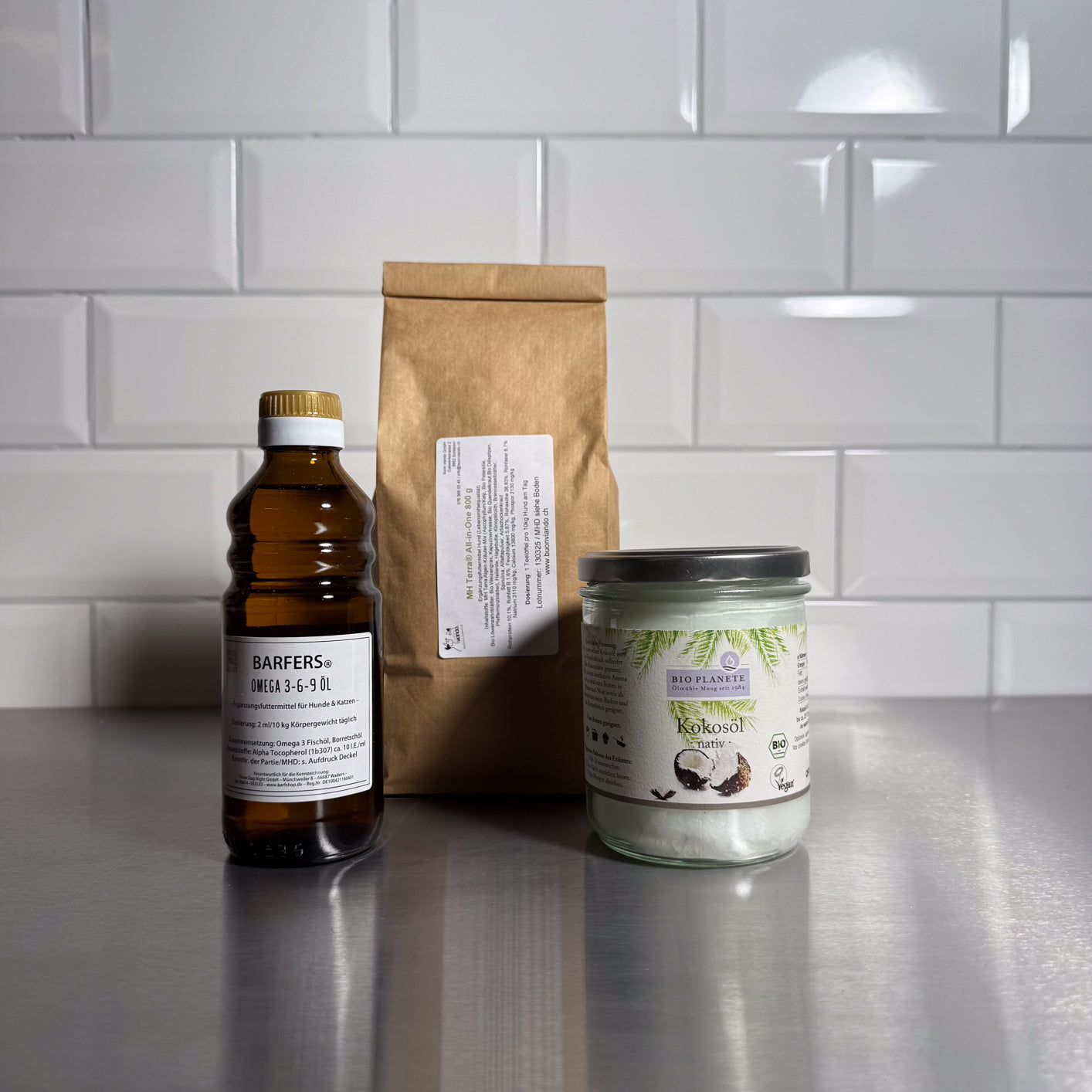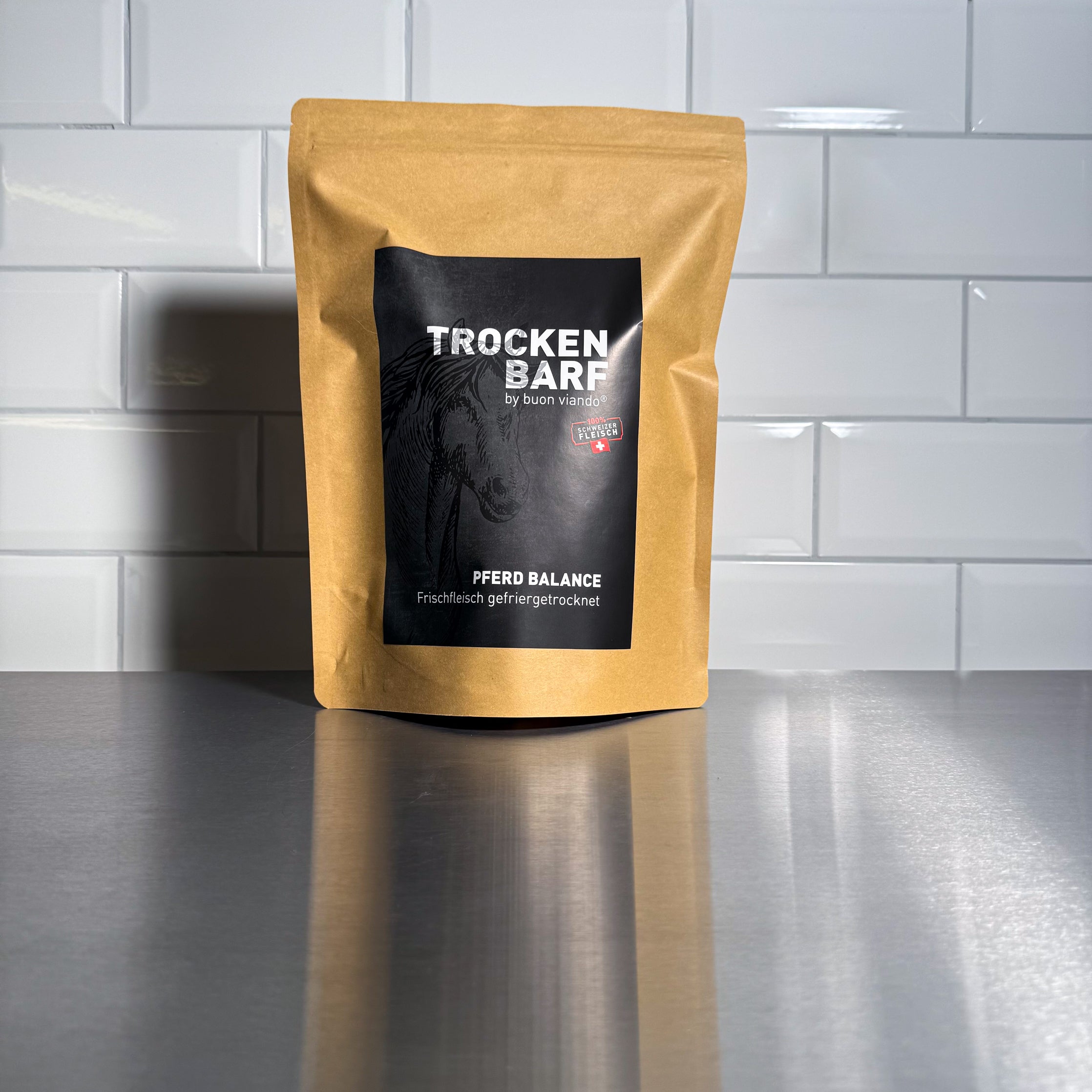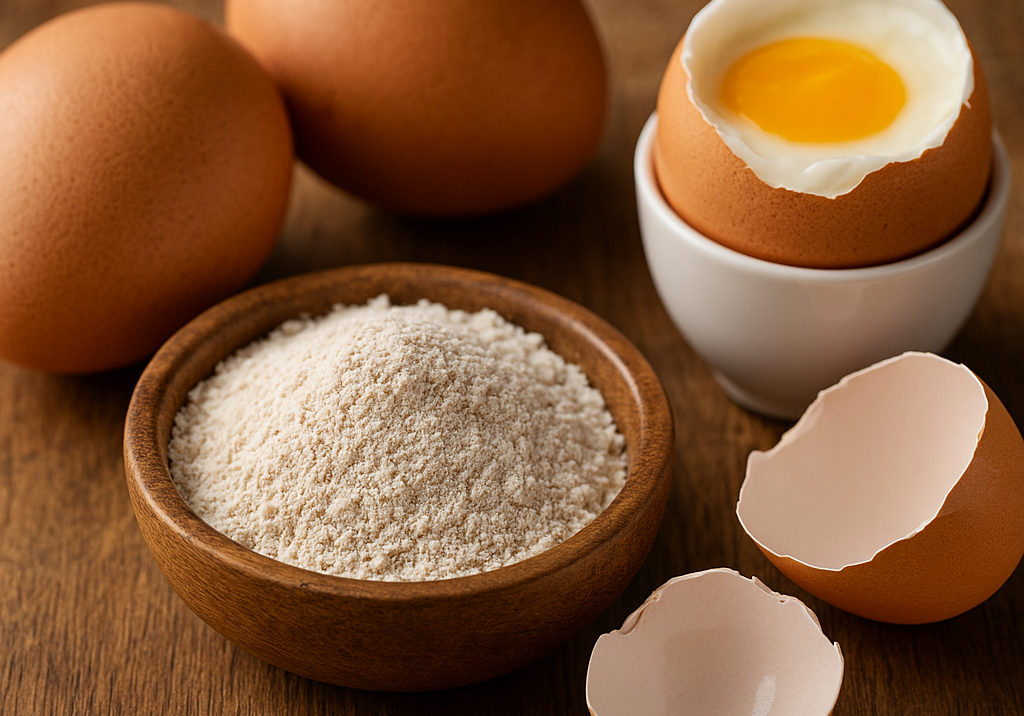Whether it's fur, skin, nerves, or energy levels – without vitamin B, little functions smoothly. In this blog, we'll look at why the vitamin B complex is so important for dogs and cats, what a deficiency can look like, and how you can naturally supplement it.
What exactly is the vitamin B complex?
The term "vitamin B complex" encompasses several water-soluble vitamins whose effects are closely linked. These include:
- Vitamin B1 (Thiamine): Nerves, brain, carbohydrate metabolism
- Vitamin B2 (Riboflavin): Skin, coat, eyes, energy production
- Vitamin B3 (Niacin): Skin, mucous membranes, energy from fats and carbohydrates
- Vitamin B5 (Pantothenic acid): Hormone production, skin, coat
- Vitamin B6 (Pyridoxine): Nerves, immune system, protein metabolism
- Vitamin B7 (Biotin): Skin, coat, claws
- Vitamin B9 (Folic acid): Cell division, blood formation
- Vitamin B12 (Cobalamin): Nervous system, blood formation, DNA metabolism
In nature, these vitamins often occur together in germs, seeds, or animal organs. They work as a team – if one is missing, the entire system can become unbalanced.
Why is the vitamin B complex so important for dogs and cats?
The need for B vitamins increases, especially during stressful times, when changing diets, during illness, or with age. Animals with digestive problems, chronic illnesses, or after antibiotics often benefit from an extra dose of B vitamins.
Typical signs of a deficiency can include:
- Dull, flaking coat
- Flaky skin, itching
- Nervousness, irritability
- Muscle weakness
- Loss of appetite
- Digestive problems
Vitamin B from buckwheat germ & rosehips – natural & plant-based
In our vitamin B complex, we deliberately use buckwheat germ as a natural source. They provide a balanced spectrum of B vitamins in their natural matrix – which is particularly well-utilized by dogs and cats.
Why buckwheat germ?
They are a true superfood, rich in plant-based B vitamins, gentle on digestion, and gluten-free. We combine them with rosehip powder, which also provides vitamin C – perfect, as vitamin C supports the absorption and effectiveness of B vitamins in the body.
Especially for sensitive dogs and cats, or for BARF feeding, this is an ideal supplement to meet their natural needs without synthetic additives.
Our tip for use
Our animals love it when the vitamin B complex is mixed into their food. It's best as a course of treatment over 4–6 weeks, or even permanently for older animals or during stressful periods.
Conclusion: Small helpers with a big impact
Whether to support coat, skin, nerves, or metabolism – the vitamin B complex is one of the basics in nutrition that is often underestimated. And thanks to buckwheat germ and rosehips, you can conjure up a natural dose of vitality in your four-legged friend's bowl.












